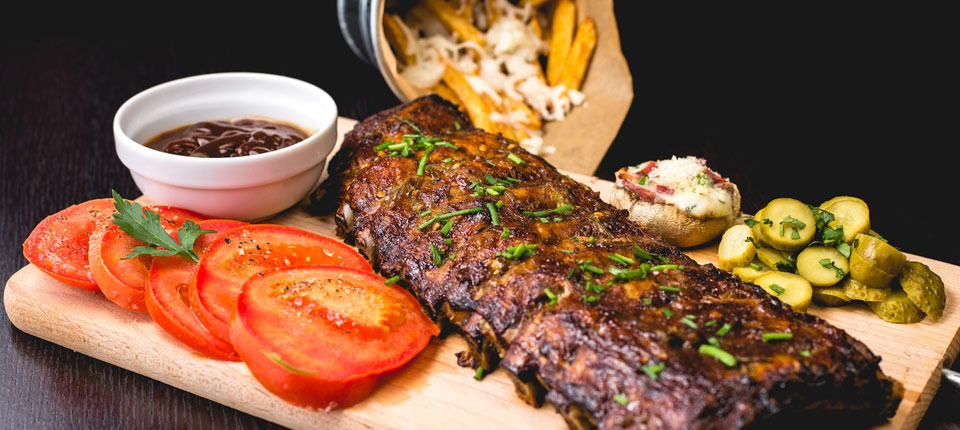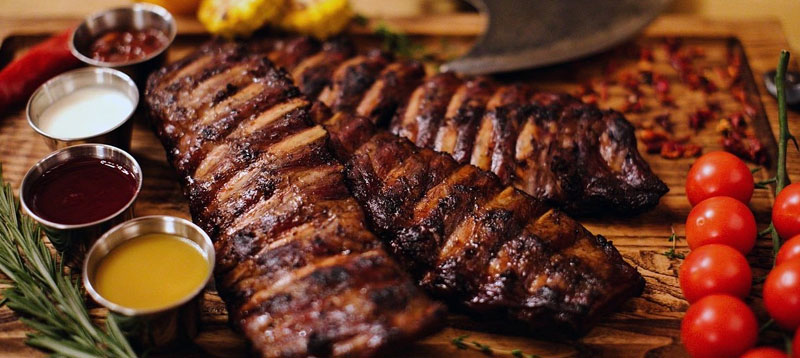
Meat consumption and the risk of incident dementia
Research on meat consumption and its potential impact on dementia risk has been ongoing for several years. Here's a summary of the current state of knowledge:
Background: Dementia is a significant public health concern, affecting millions of people worldwide. The risk factors for dementia are complex and multifaceted, and lifestyle choices, including diet, may play a role in its development.
Studies on meat consumption and dementia: Several studies have investigated the relationship between meat consumption and the risk of incident dementia. These studies have produced mixed results, but overall, they suggest that high meat consumption may be associated with an increased risk of dementia.
• A 2013 meta-analysis of 12 cohort studies published in the journal Neurology found that high meat consumption was associated with a higher risk of dementia. The analysis included data from over 500,000 participants and found that each additional serving of red meat per day was associated with a 17% increased risk of dementia.
• A 2019 study published in the Journal of Alzheimer's Disease analyzed data from over 2,000 older adults and found that those who consumed more red meat had a higher risk of developing dementia. The study also found that the risk was highest for those who consumed more processed meat.
• A 2020 study published in the Journal of Nutrition, Health & Aging found that high meat consumption was associated with a higher risk of cognitive decline in older adults. The study analyzed data from over 1,000 participants and found that those who consumed more red meat had a higher risk of cognitive decline.

Potential mechanisms: Several mechanisms have been proposed to explain how high meat consumption might increase the risk of dementia:
• Advanced glycation end-products (AGEs): Cooking meat can lead to the formation of AGEs, which can accumulate in the body and contribute to oxidative stress and inflammation.
• Heme iron: High intake of heme iron from red meat may increase the risk of dementia by promoting oxidative stress and inflammation.
• Saturated fat and cholesterol: High intake of saturated fat and cholesterol from red meat may increase the risk of cardiovascular disease and stroke, which are also risk factors for dementia.
Takeaways:
• While there is no conclusive evidence to support a direct link between meat consumption and dementia, the existing research suggests that high meat consumption may be associated with an increased risk of dementia.
• The World Health Organization (WHO) recommends limiting red meat consumption to 500 grams (18 ounces) per week.
• A balanced diet that includes a variety of plant-based foods, whole grains, and healthy fats may help reduce the risk of dementia.
It's essential to note that individual results may vary, and other factors, such as physical activity, social engagement, and cognitive stimulation, also play a crucial role in reducing the risk of dementia.